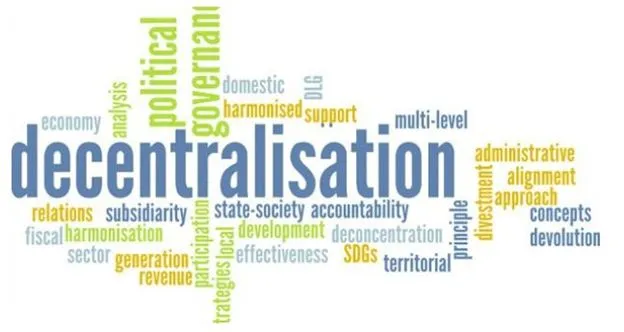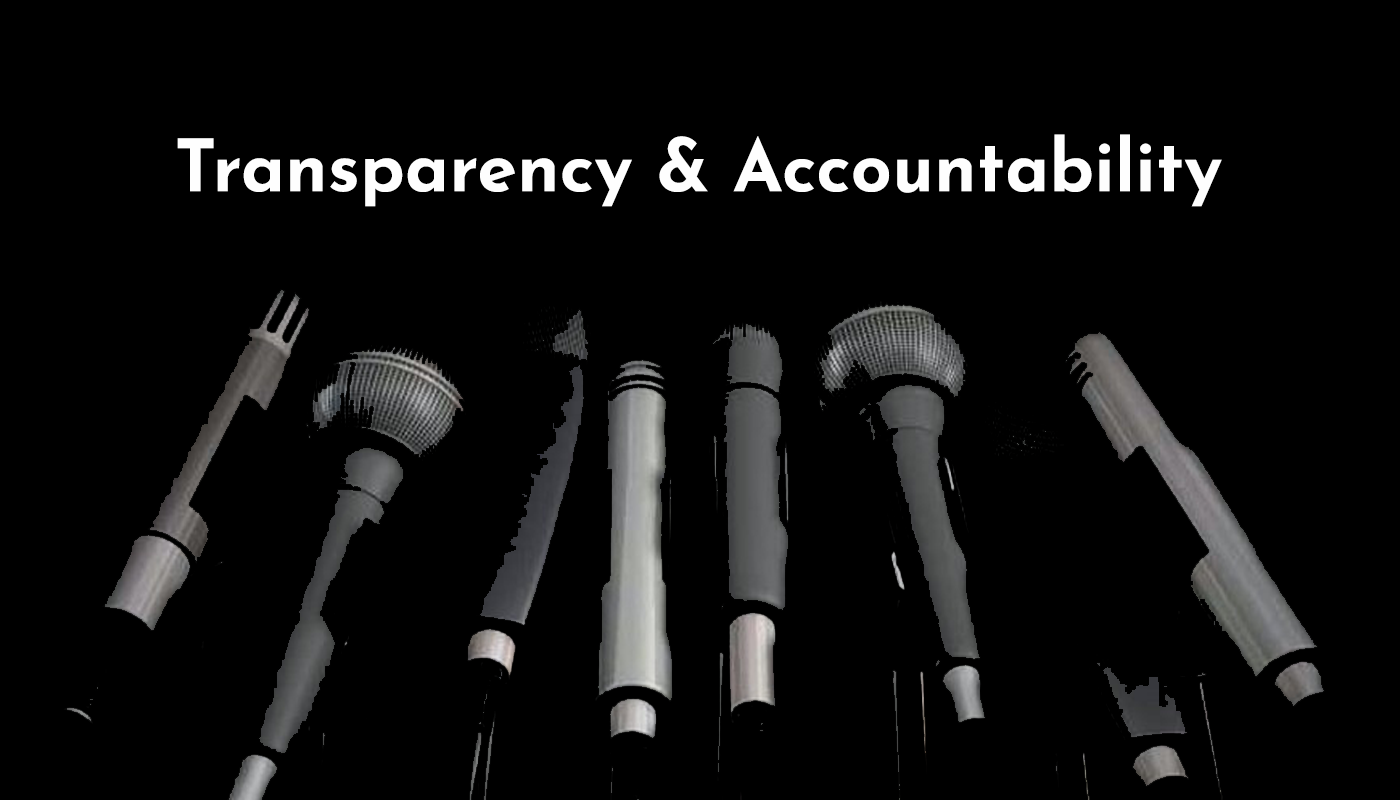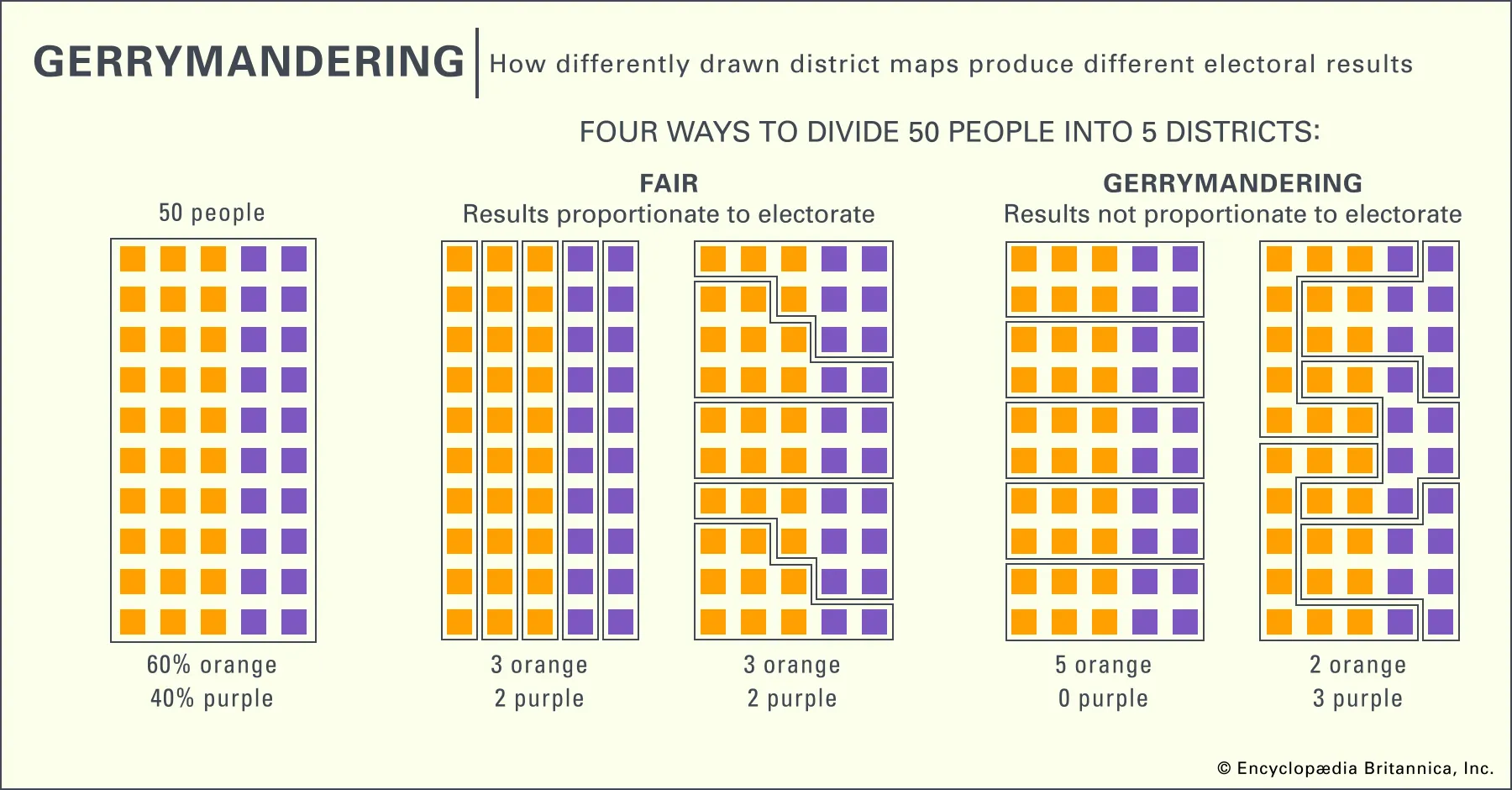Political Decentralization Impact on Governance
Explore the effects of political decentralization on governance and public service delivery.

The Impact of Political Decentralization on Governance and Public Service Delivery
In an era where political news is readily accessible through various sources, it is crucial to analyze the dynamics of governance and politics, especially in the context of political decentralization. This article explores the multifaceted impact of political decentralization on governance and public service delivery. We will delve into examples from the United States and worldwide to understand how decentralization affects state and international politics, upcoming political events, and even political campaign strategies.
Understanding Political Decentralization
Political decentralization refers to the transfer of political power and decision-making authority from a central government to subnational entities such as states, provinces, or local governments. This process can manifest in various forms, including federalism, devolution, or delegation of authority. The impact of decentralization on governance and public services can be both positive and negative, depending on its implementation and context.
Enhanced Accountability
One of the key benefits of political decentralization is enhanced accountability. When power is dispersed among multiple levels of government, citizens have a greater ability to hold their leaders accountable. In the United States, for instance, state governments have the authority to implement policies tailored to their unique demographics and preferences, fostering a sense of ownership among citizens.
Efficient Public Service Delivery
Decentralization can also lead to more efficient public service delivery. Local governments are often better equipped to respond to the specific needs of their communities. This is evident in the diverse approaches to education, healthcare, and infrastructure seen across U.S. states, which allows for innovation and adaptation to local circumstances.
Competition and Innovation
Decentralization encourages competition among subnational entities. In the realm of politics, this competition can lead to innovative policy solutions. For instance, states may implement different approaches to address issues such as environmental conservation or healthcare reform, providing valuable data on what works and what doesn't.
Political News and Upcoming Events
The impact of political decentralization extends to the realm of political news and upcoming events. Decentralized political structures often result in a broader array of political stories and events to cover. Media outlets must stay informed about state and local politics in addition to national and international affairs, leading to a more informed electorate.
International Implications
Political decentralization also has international implications. In federal countries like the United States, state governments play a role in international trade and diplomacy. This interplay between state and federal authorities can impact international political news and diplomacy, showcasing the interconnectedness of domestic and global politics.
Political Campaign Strategies
Decentralization profoundly affects political campaign strategies. Candidates must tailor their messages to resonate with diverse state or local audiences. Campaigns in decentralized systems often require a more nuanced approach, focusing on regional issues and concerns, which can lead to a deeper engagement with voters.
Challenges of Political Decentralization
While there are numerous advantages to political decentralization, it is essential to acknowledge its challenges:
Coordination Issues: Decentralization can lead to coordination challenges between levels of government, potentially resulting in inefficiencies and conflicting policies.
Inequality: In some cases, decentralization may exacerbate regional inequalities, as wealthier areas can provide better services than economically disadvantaged regions.
Fragmented Decision-Making: Excessive decentralization can lead to fragmented decision-making, hindering the pursuit of national or global goals.
The case of the United States serves as an illustrative example of the impact of political decentralization on governance and public service delivery. The U.S. federal system of government, characterized by its division of powers between the federal government and individual states, has profound implications for governance and politics.
State and Politics in the U.S.:
In the United States, political decentralization is enshrined in the Constitution, with each of the 50 states possessing a significant degree of sovereignty and policymaking authority. This allows for experimentation and diversity in governance approaches. For instance, states like California have implemented ambitious climate change policies, while others have taken unique approaches to healthcare reform.
Governance and Public Services:
The influence of decentralization on governance and public services is readily evident. States have the authority to design and administer their welfare programs, education systems, and healthcare services. This localized decision-making allows them to tailor policies to their specific demographics and economic conditions. However, it also means that the quality and accessibility of public services can vary significantly from one state to another.
For instance, education funding primarily relies on state and local sources, resulting in disparities in educational quality and resources. Students in affluent areas often receive a superior education compared to those in less fortunate regions. This inequality highlights both the advantages and drawbacks of political decentralization.
World Politics News and International Implications:
The U.S. federal system also influences world politics news and international affairs. States engage in international trade, sign sister-state agreements, and participate in climate initiatives. The actions and policies of individual states can affect international relations. For instance, a state's decision to divest from fossil fuels can influence global perceptions of U.S. climate policy.
Moreover, the United States' federal structure has led to a unique approach to diplomacy. While foreign policy is primarily the domain of the federal government, states often play a role in promoting trade and cultural exchanges with other nations. This dynamic interaction between state and federal authorities underscores the importance of understanding political decentralization's global ramifications.
Upcoming Political Events and Campaign Strategies:
The decentralized nature of U.S. politics significantly impacts upcoming political events and campaign strategies. Political campaigns must be tailored to resonate with voters in diverse states, each with its own set of priorities and concerns. Campaign strategies must account for regional variations in demographics, economic conditions, and policy preferences.
Candidates often focus on "swing states" that have the potential to shift the balance of power in presidential elections. These states receive heightened attention, and campaign strategies are customized to address their specific needs and sentiments. Political decentralization, therefore, forces candidates to adopt a nuanced and state-specific approach to campaigning.
The impact of political decentralization on governance and public service delivery is a multifaceted phenomenon with implications that extend far beyond domestic politics. The United States serves as a prime example, showcasing both the advantages of decentralized decision-making and the challenges of inequality and coordination. As we observe political developments worldwide, it becomes increasingly apparent that the relationship between central and subnational governments is a vital aspect of modern governance, with far-reaching consequences for citizens, policymakers, and the global community.
What's Your Reaction?

















